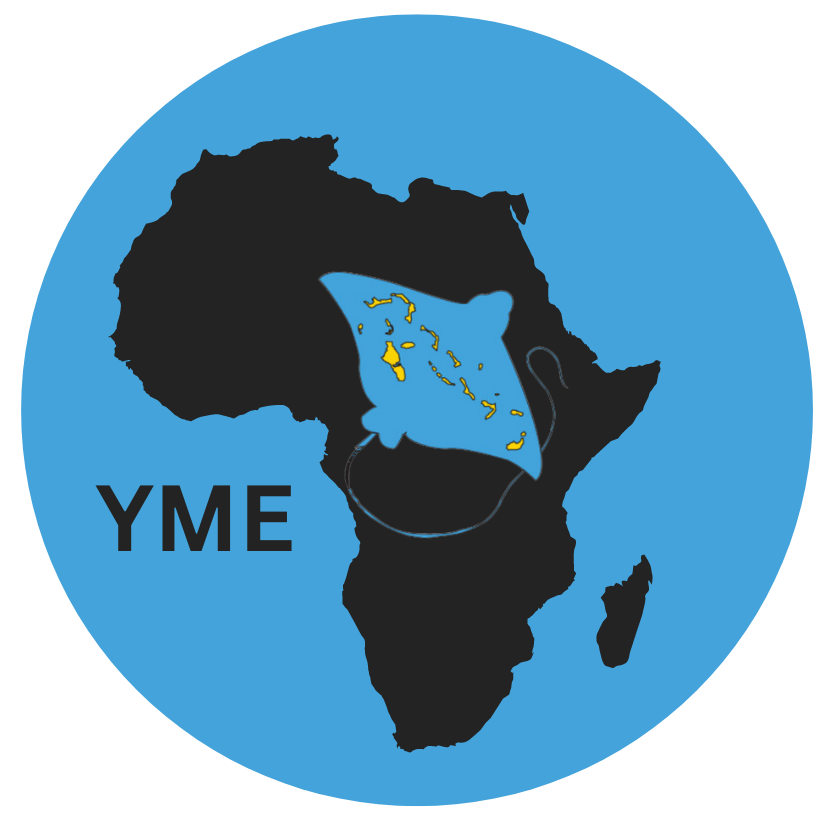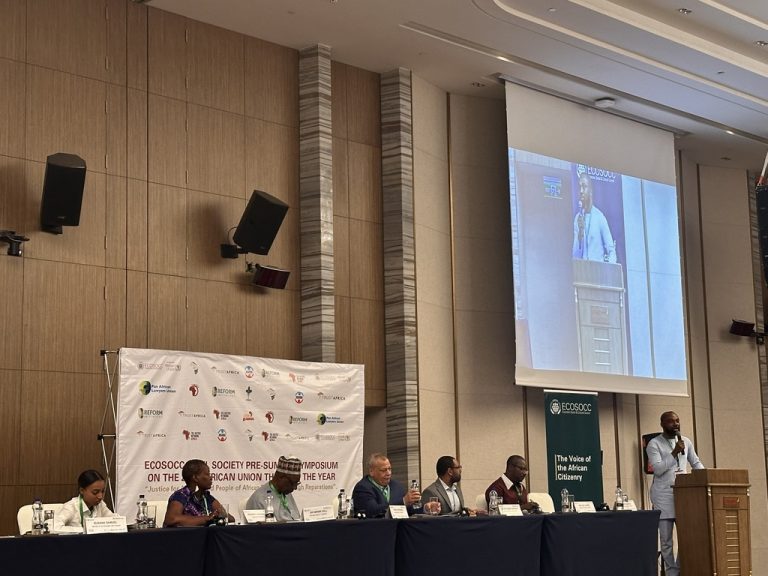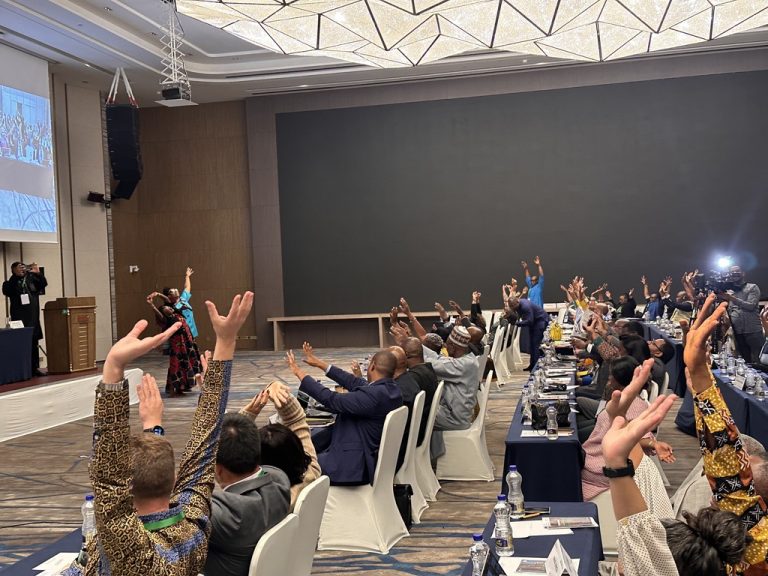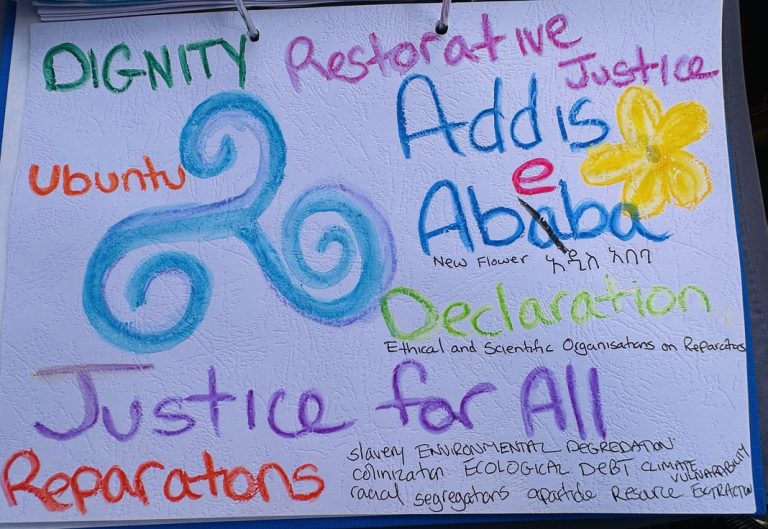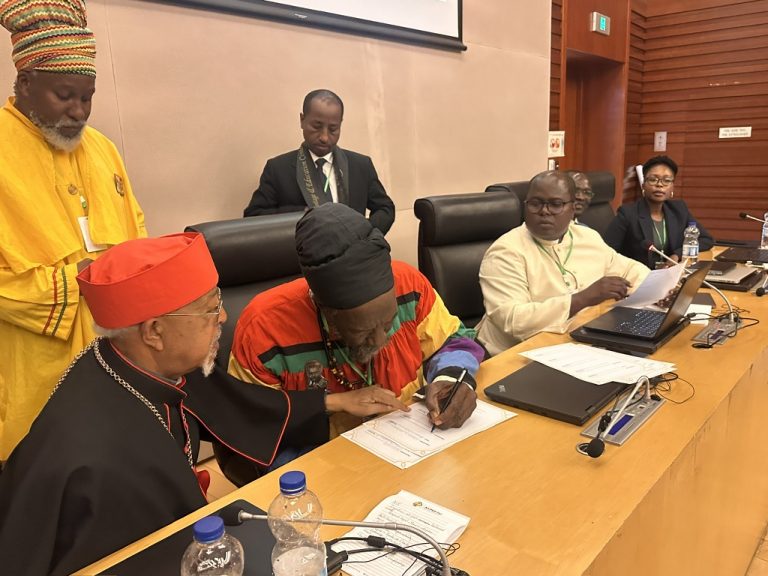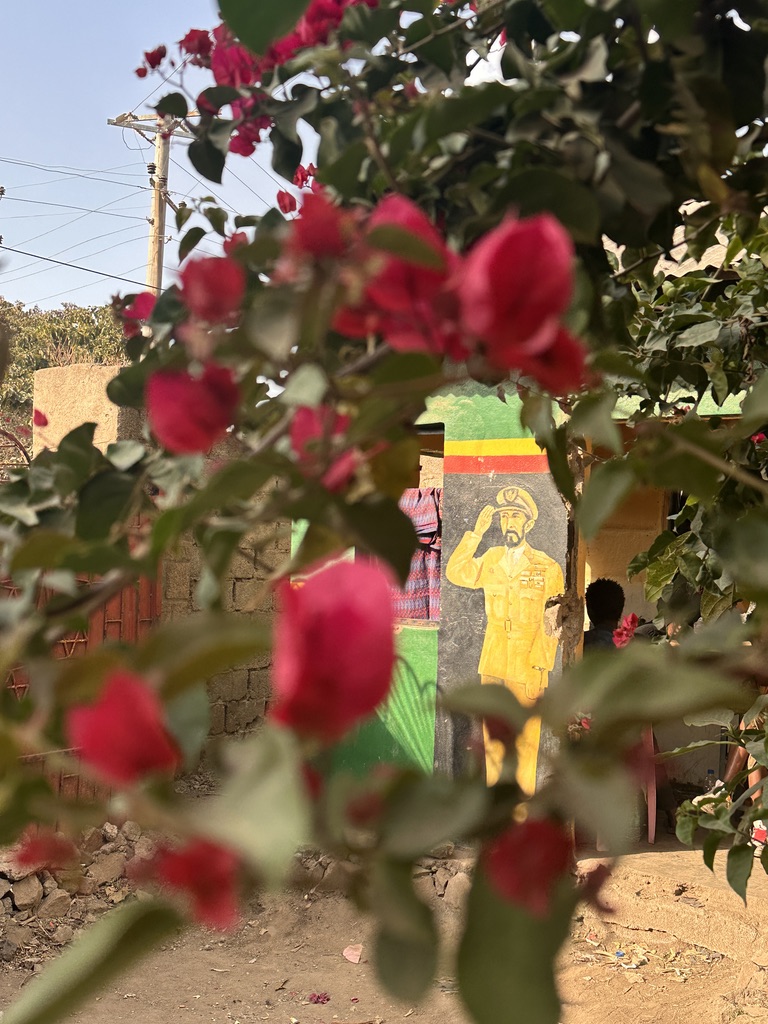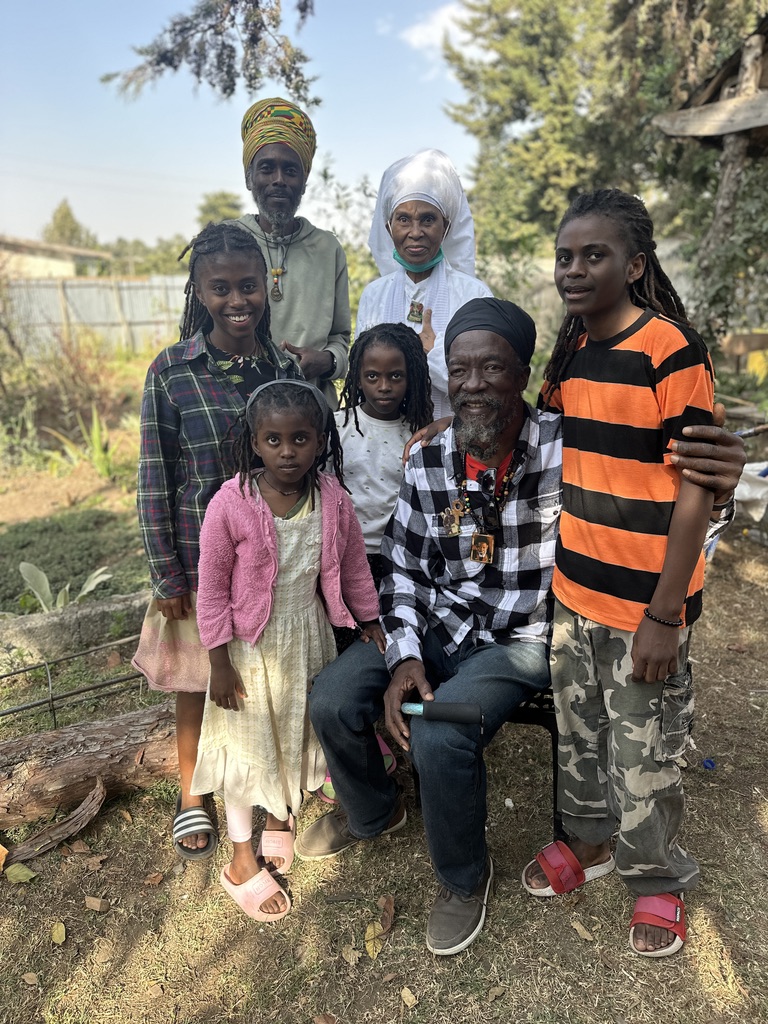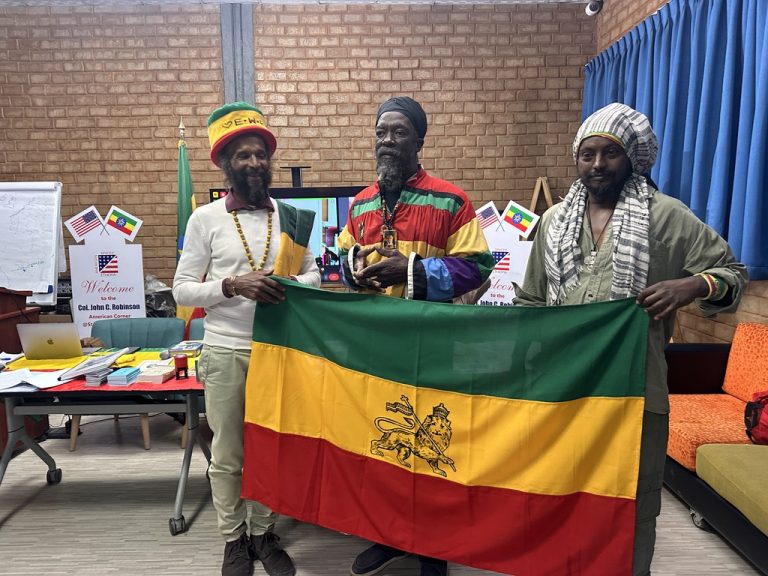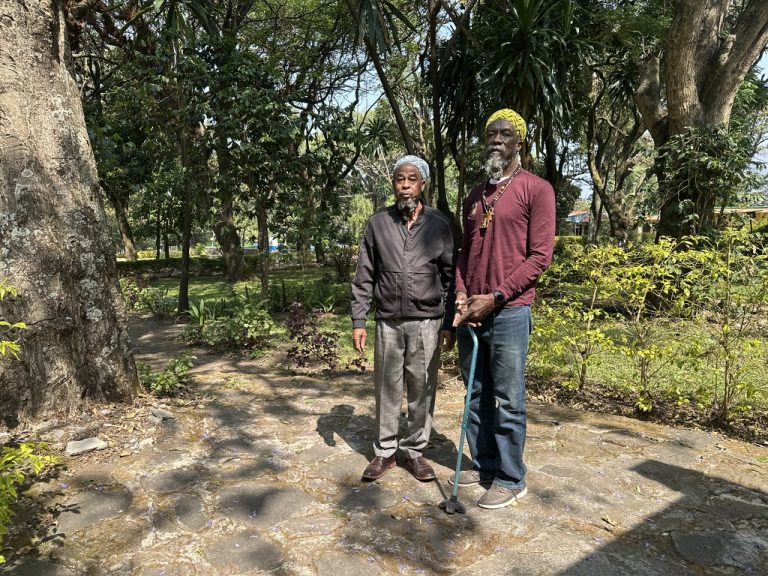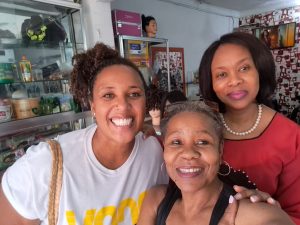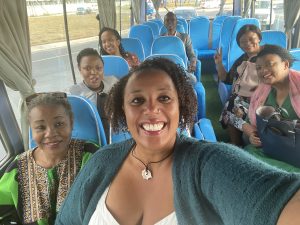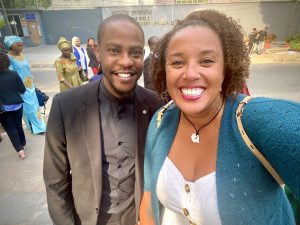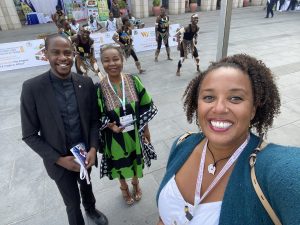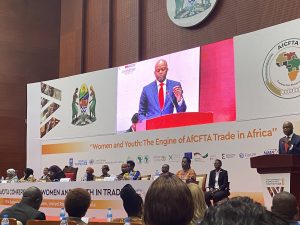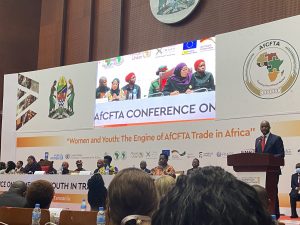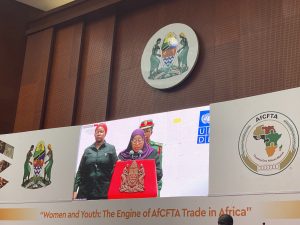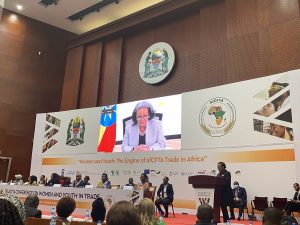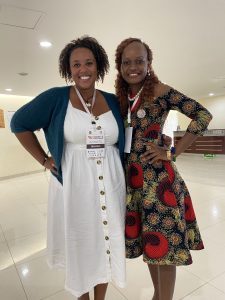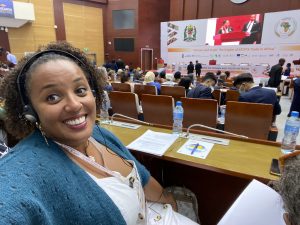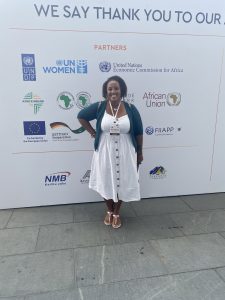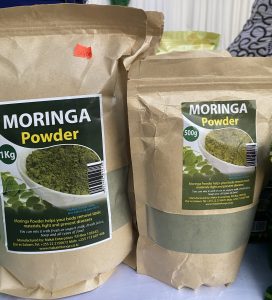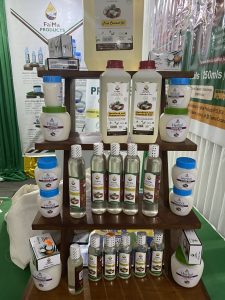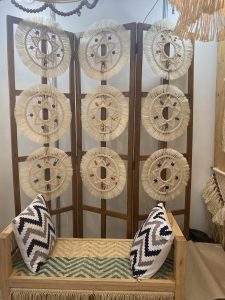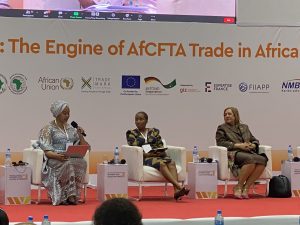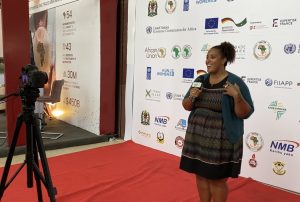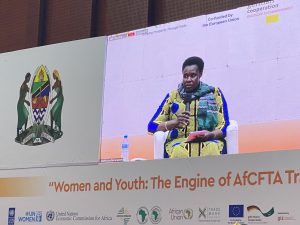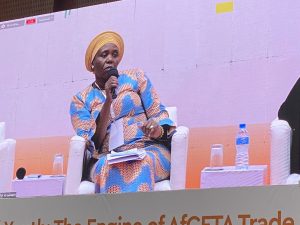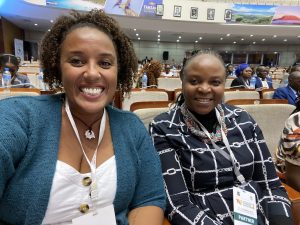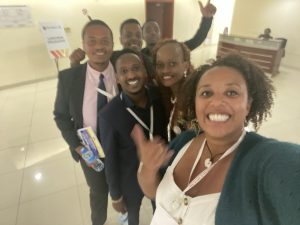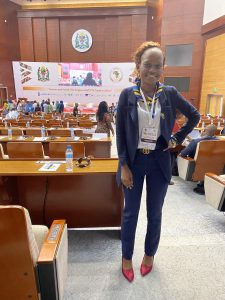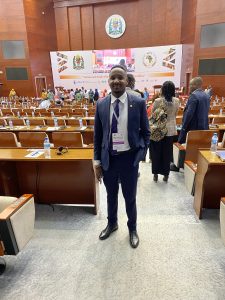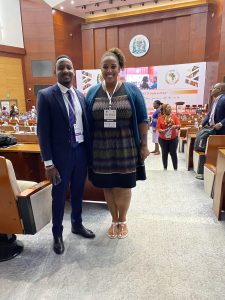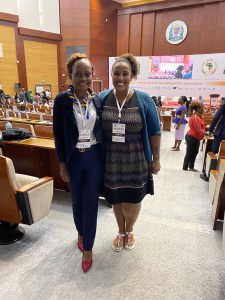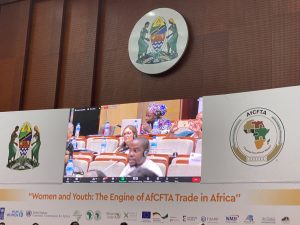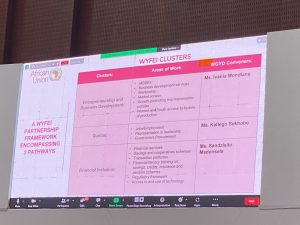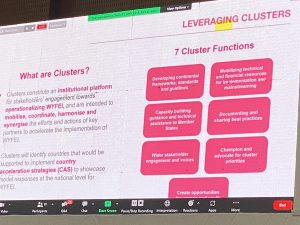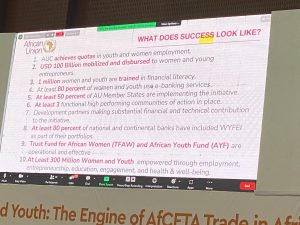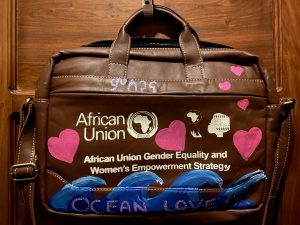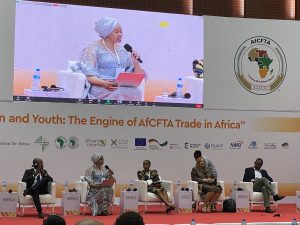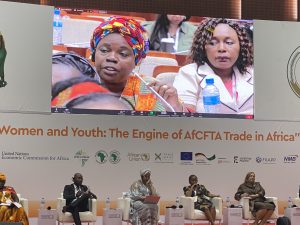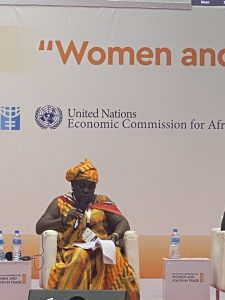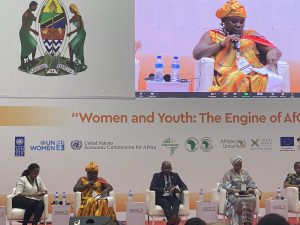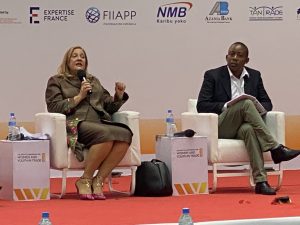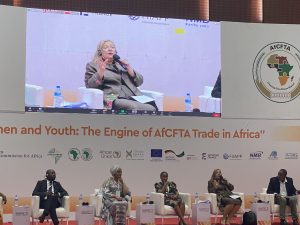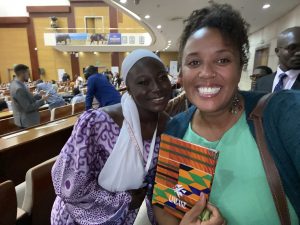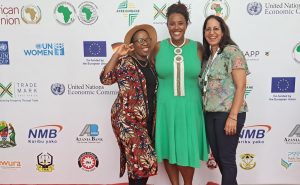The African Union (AU) declared 2025 the “Year of Justice for Africans and People of African Descent Through Reparations.” This is a global summons for truth, healing, and structural transformation. It is a recognition that the legacies of enslavement, colonialism, apartheid, and systemic racism continue to shape the political, economic, and social realities of African people globally, both on the continent and across the diaspora.
The conversations that emerged from the 38th AU Summit and the vibrant ECOSOCC side events clearly articulated that Reparations are not only about the repayment of stolen wealth, they are about the restoration of dignity, land, culture, memory, and self-determination. Reparations must move towards truth and reconciliation with tangible programs that invest in education, health, economic justice, climate resilience, and cultural renaissance.
The AU’s Economic, Social & Cultural Council (ECOSOCC ) has played a catalytic role in ensuring that grassroots voices, civil society, youth, and faith-based actors are central to this reparations discourse. There is a collective movement throughout the 6 regions of the AU to see equitable global governance, debt cancellation, climate justice, and reparatory education systems that centre African knowledge systems and indigenous leadership.
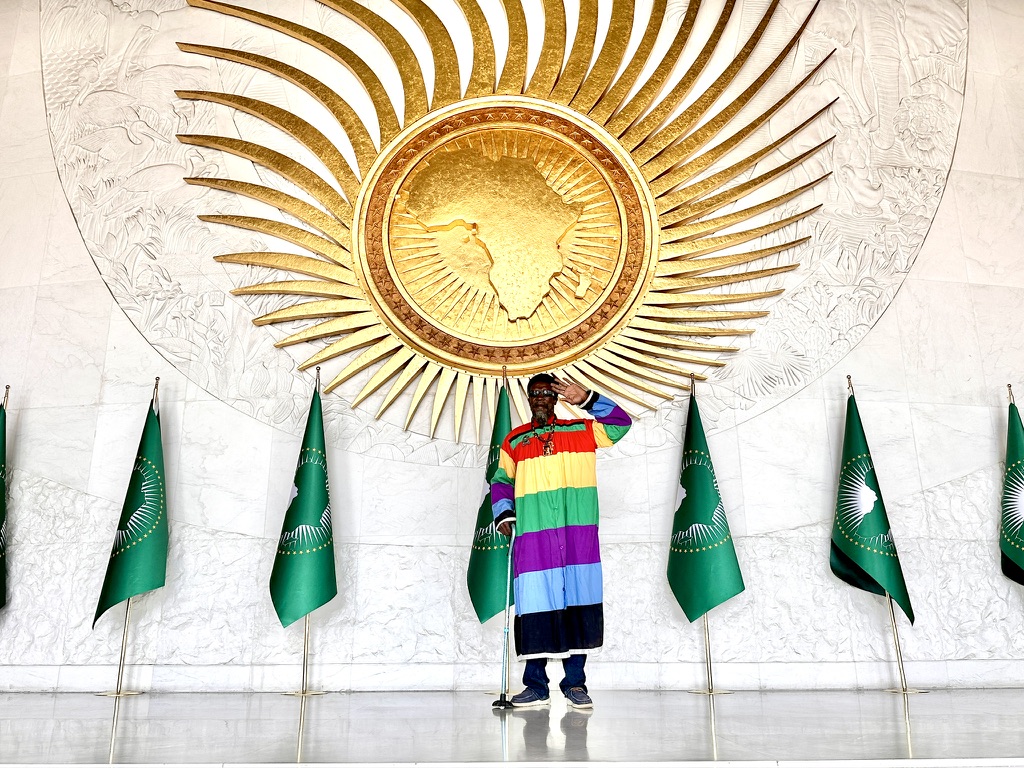
The participation of a representative from the Bahamas Reparations Committee in the African Union’s historic discussions on reparations and justice marked a powerful moment of reconnection between the Caribbean and the African continent. It symbolized not only the deepening solidarity between Africa and its 6th Region—the African Diaspora—but also a homecoming of sorts, as the Bahamian delegate engaged with members of the Bahamian community who had repatriated to Ethiopia decades ago in pursuit of ancestral reconnection and Pan-African unity. This encounter reaffirmed the shared historical struggles and aspirations of African-descended peoples globally and underscored the importance of bridging the geographic, spiritual, and political divides that have separated Africa and the Caribbean for centuries. It also reflected the commitment of The Bahamas, through its Reparations Committee, to advocate for global reparatory justice, while honoring the legacy of those who returned to Africa as living embodiments of the Pan-African vision of unity, self-determination, and healing.
At the heart of these conversations is the understanding that climate solutions, sustainable development, and peace building are inseparable from reparations. A world fractured by injustice, colonial legacies, and systemic violence cannot co-create climate-resilient communities. Justice must be the soil from which climate and economic solutions grow.
On February 27–28, 2025, faith-based, ethical, and interfaith organizations from across Africa and the diaspora convened to champion reparative justice for Africans and people of African descent. The event, themed “The Role of Faith Communities and Ethical Organizations in Advancing Justice for Africans and People of African Descent through Reparations,” was hosted at the Kuriftu Resort African Village and the African Union Commission, bringing together approximately 100 participants, including high-level officials, religious leaders, scholars, and human rights advocates. Organized by entities such as the Symposium of Episcopal Conferences of Africa and Madagascar (SECAM), the African Union Catholic Chaplaincy, and the United Religions Initiative (URI), the conference underscored the moral and legal imperatives of reparations. Distinguished speakers, including Dr. Monique Nsanzabaganwa, Deputy Chairperson of the African Union Commission, and Dr. Rita Bissoonauth of UNESCO, highlighted the historical injustices and the necessity for restorative measures.
The conference culminated in the adoption of the Addis Ababa Declaration on Reparations, which calls for the establishment of an AU Committee of Experts on Reparations, the appointment of a Special Envoy on Reparations, and the recognition of ecological debt as part of the reparations discourse. This gathering marked a significant step towards acknowledging historical truths, fostering reconciliation, and creating pathways for economic and social empowerment.
During his one-month Reparatory Justice mission to Ethiopia, Priest Rithmond McKinney, International Ambassador of the Ethiopia Africa Black International Congress (EABIC), headquartered in Jamaica with representation across the diaspora, played a pivotal role in bridging the spiritual, cultural, and political dimensions of the reparatory justice movement. His mission not only amplified the call for justice and repatriation but also created a powerful moment of reconnection with members of the Bobo Shante Rasta community in Shashamane from The Bahamas and the wider Caribbean who had repatriated to Ethiopia decades ago. These heartfelt reunions were more than symbolic; they embodied the living legacy of the right of return and grounded the AU’s 2025 theme of “Justice for Africans and People of African Descent Through Reparations” in lived experiences.
Shashamane holds profound significance for the global Black and Rastafari community as a sacred symbol of repatriation, liberation, and the enduring connection to Africa as the ancestral homeland. Gifted by His Imperial Majesty Emperor Haile Selassie I in 1948 to people of African descent in the West who had been displaced by the transatlantic slave trade, Shashamane became a beacon of hope for those seeking to fulfill the long-prophesied return to Zion. For the Rastafari community in particular, it represents not only a physical return but also a spiritual reclamation of identity, dignity, and sovereignty.
Shashamane stands as a living testament to pan-African solidarity, resilience, and the enduring struggle for reparatory justice, offering a space where Black people from the diaspora can root themselves in African soil, culture, and traditions while continuing to advocate for global justice, equity, and unity.
During his time in Ethiopia. Priest Rithmond Mckinny became a member of the Ethiopian World Federation. An organization strongly advocating for Green Sustainable Development in Shashamane.
Priest McKinney’s presence and Reparatory Justice mission helped to pave the way for deeper conversations on the moral, legal, and spiritual imperatives of reparatory justice, affirming the central role of diaspora communities in shaping and advancing Africa’s vision of unity, dignity, and restorative justice.
